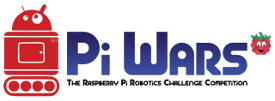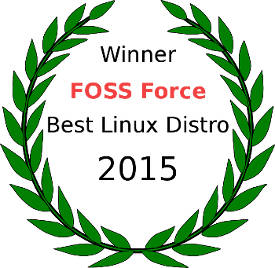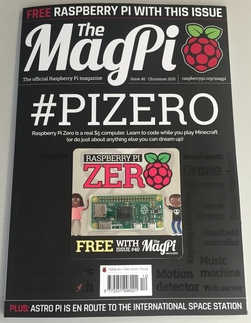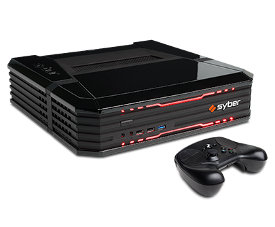The Raspberry Pi Report
 With the holidays and all, the month of December wasn’t as action packed as some of the past months have been concerning the Raspberry Pi, but there were still some interesting stories that occurred. Let’s take a minute to reflect back on the Raspberry Pi and December.
With the holidays and all, the month of December wasn’t as action packed as some of the past months have been concerning the Raspberry Pi, but there were still some interesting stories that occurred. Let’s take a minute to reflect back on the Raspberry Pi and December.
Pi Wars: The second annual Pi Wars competition occurred in Cambridge this past December, and just like the year before it was a complete success.
In addition to hosting a Raspberry Pi meetup in Washington D.C., Isaac Carter is a co-host on mintCast. He’s also a software engineer who enjoys working with Java, JavaScript, and GNU/Linux. When he’s not coding, you can find him reading on any number of subjects or on the golf course.



 There was a time, back when FOSS Force was young, when we called the weekly round-up Friday FOSS Week in Review. Sometimes we’d get so far behind in our work that the Friday column wouldn’t get published until Saturday, sometimes late in the afternoon. To solve the problem that caused with the column’s title, we pulled a page from an old ABC playbook, from when they owned the Monday Night Football franchise, and called these late roundups “Friday FOSS Week in Review — Special Saturday Edition.” We didn’t change the header, but always made the “Saturday edition” mention in the text of the column, just as if it was the most natural thing in the world.
There was a time, back when FOSS Force was young, when we called the weekly round-up Friday FOSS Week in Review. Sometimes we’d get so far behind in our work that the Friday column wouldn’t get published until Saturday, sometimes late in the afternoon. To solve the problem that caused with the column’s title, we pulled a page from an old ABC playbook, from when they owned the Monday Night Football franchise, and called these late roundups “Friday FOSS Week in Review — Special Saturday Edition.” We didn’t change the header, but always made the “Saturday edition” mention in the text of the column, just as if it was the most natural thing in the world.





